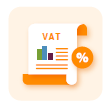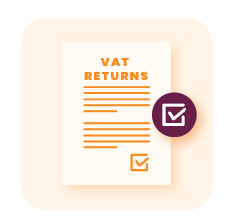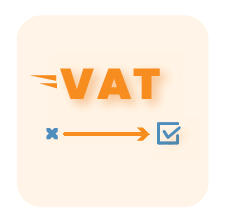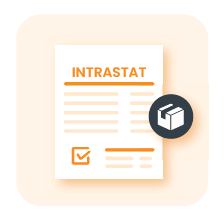Invoicing in Lithuania
Following the provision of goods or services, it is necessary to send a VAT invoice. For long-term services (such as telecommunications or renting) and long-term supply of electricity, gas, or other types of energy, the invoices should be dispatched by the 10th day of the subsequent month.
In retail trade, it is permissible to issue summary VAT invoices that consolidate multiple instances of goods or services supplied into a single invoice.
Learn more about invoice requirements in Lithuania in our comprehensive guide.
Selling in Lithuania?
Electronic VAT invoice
Electronic invoicing is typically not mandatory, but businesses may choose to use electronic invoices if they wish. However, for transactions between businesses and public entities (B2G), electronic invoicing is mandatory under the Law on Public Procurement, which was updated on May 2, 2017.
To send electronic invoices to public entities, businesses may use the PEPPOL network, a third-party invoicing provider, or the Lithuanian government’s eSaskaita platform. For invoices sent to other recipients, any practical methods may be used, and there are no specific requirements for validation or reporting.
The required invoice information to be included in the submission consists of several key details:
- Counterparty’s name.
- Registration number.
- VAT code.
- Country of residence.
- Invoice amount (in Euros).
- VAT amount (in Euros).
- Transaction date.
This filing method, in addition to the regular monthly and yearly VAT declarations, serves as a preventive measure against VAT fraud. It provides tax authorities with almost real-time data on ongoing transactions.
The process for submitting accounting data in the standard accounting data file is authorized by Resolution No. 699, issued on July 1, 2015. This data file is utilized for tax audits conducted by the Tax Authority.
Last Updated: 06/11/2023
Disclaimer
The information provided by Global VAT Compliance B.V. on this webpage is intended for general informational purposes only. Global VAT Compliance B.V. is not responsible for the accuracy of the information on these pages, and cannot be held liable for claims or losses deriving from the use of this information. If you wish to receive VAT related information please contact our experts at support@gvc.tax








